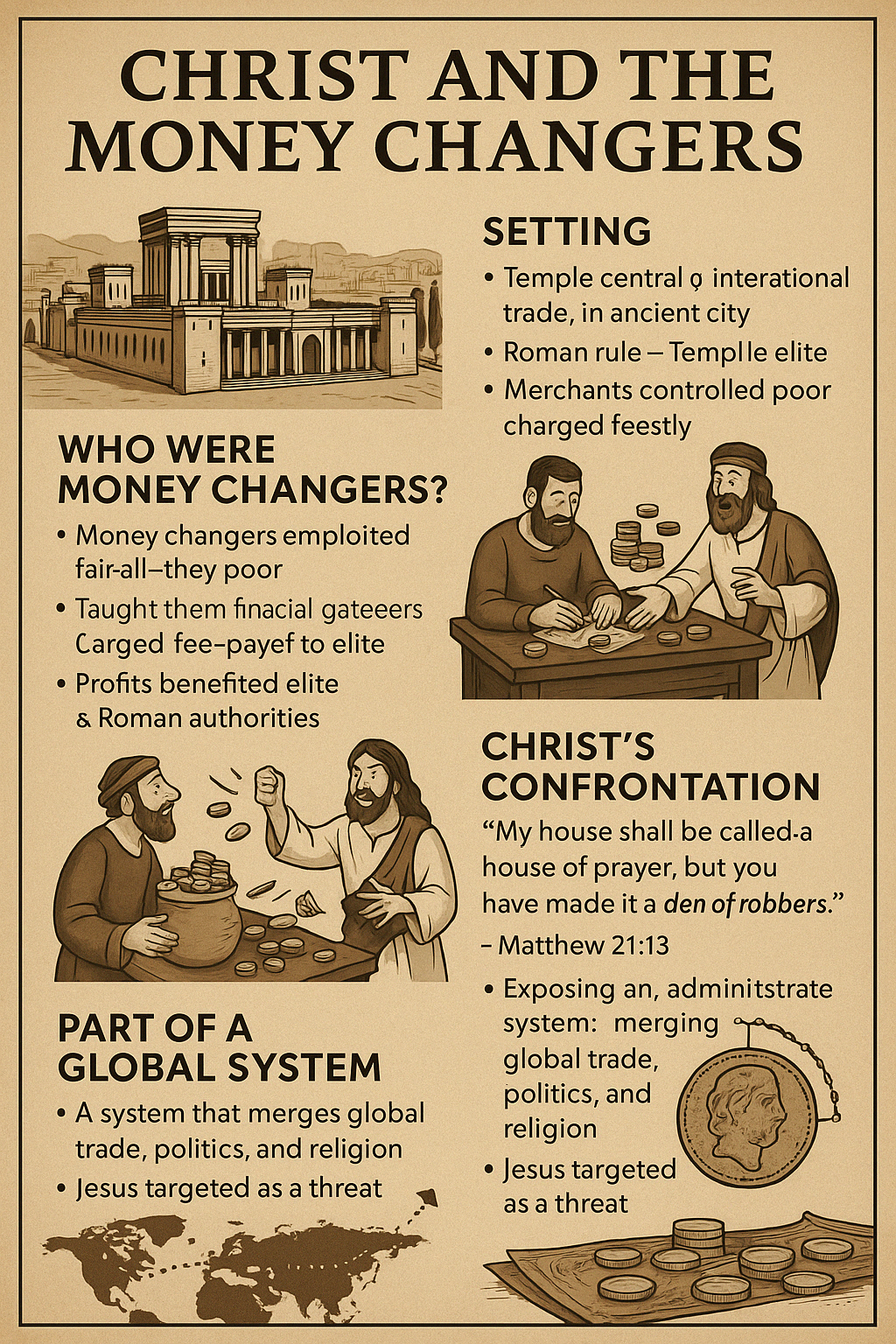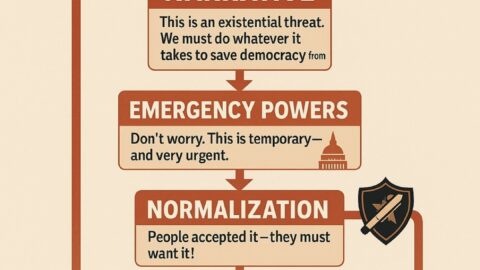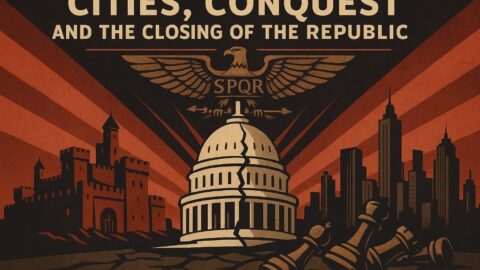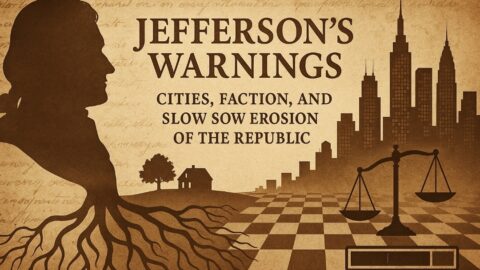Setting the Scene: Jerusalem at the Time of Christ
Setting the Scene: Jerusalem at the Time of Christ
In the first century AD, Jerusalem was not just a local religious city — it was a major international crossroads for trade, politics, and religion.
- Rome ruled politically.
- The Temple elite ruled religiously.
- The merchant classes (money changers, traders) controlled commerce.
These groups worked together.
The Temple wasn’t just a place of worship.
It was a bank, a trading hub, and a tax collection center.
It combined religion, government, and economy into one system.
Think of it like this:
The Temple of Jerusalem at that time was a mixture of:
- The Vatican (religious authority)
- Wall Street (financial power)
- The Roman Senate (political authority)
And they were all tangled together.
Who Were the Money Changers?
The money changers weren’t just small-time businessmen exchanging coins.
They were crucial players in the temple economy, which had global economic ties.
- Temple Tax: Every Jewish man had to pay a temple tax in Tyrian silver coins because of their high silver content. Roman coins (bearing Caesar’s image) were deemed unworthy for the Temple.
- Money Changers: They facilitated this — for a fee.
- Animal Sellers: They sold “approved” animals for sacrifices — at highly inflated prices.
The result?
Poor people were systematically exploited just to fulfill their religious obligations.
The money changers acted like financial gatekeepers.
No coin exchange, no sacrifice. No sacrifice, no forgiveness. No forgiveness, no place in society.
It was spiritual blackmail wrapped in commerce.
And the profits flowed — not just to the money changers, but upward to the Temple priests (like the Sadducees) and into the broader political structure — which was closely allied with Rome.
Christ’s Confrontation: A Revolutionary Act
When Jesus overturned the tables of the money changers (recorded in Matthew 21:12-13, Mark 11:15-18, Luke 19:45-46, and John 2:13-22),
He was not just protesting financial corruption —
He was directly attacking the entire interlocking system of:
- Religious authority (Temple Priests)
- Economic exploitation (Money Changers and Merchants)
- Political collusion (Rome and Herod’s regime)
This was not a small event.
It was a revolutionary, radical, and extremely dangerous act.
In fact, this event is cited by many scholars as the immediate cause of why the Temple authorities moved swiftly to have Jesus arrested and crucified.
(They feared he would disrupt the money flow and provoke Roman retaliation.)
Was It Part of a Global System?
Yes — in the context of the ancient world.
- The Roman Empire was the first truly global empire.
- Roman coins circulated from Britain to Africa to India.
- The Temple had ties to broader trade networks (spices, textiles, metals, grain).
- Taxation systems (Roman and Temple taxes) operated across all territories.
Thus, the Jerusalem Temple wasn’t just a local institution.
It was a key financial node in a globalized system —
one that merged political domination, religious control, and economic exploitation.
Christ’s act of turning over the tables was like storming Wall Street, the Vatican, and the Senate at the same time.
Summary: Why This Moment Matters
Jesus’ confrontation with the money changers was not just about local corruption —
it was an attack on the intertwined global system of finance, politics, and religion.
- He called it a “den of thieves” — exposing the corruption of those claiming divine authority.
- He struck at the heart of a system that exploited the poor while enriching the powerful.
- He challenged both religious hypocrisy and economic injustice at once.
Result?
He was labeled dangerous, targeted for elimination, and crucified — not just as a “blasphemer,” but as a threat to the global order.
Powerful Quotes Related to This Event
- “My house shall be called a house of prayer, but you have made it a den of robbers.” (Matthew 21:13)
- “No one can serve two masters. You cannot serve God and Mammon (wealth).” (Matthew 6:24)
- “Woe to you, scribes and Pharisees, hypocrites! For you clean the outside of the cup and the plate, but inside they are full of greed and self-indulgence.” (Matthew 23:25)
Modern Parallels
Many today see clear echoes between Christ’s confrontation and:
- The modern banking system
- The collusion of corporations and governments
- The use of media, education, and religion to justify exploitation
Christ’s example reminds us that true moral courage often means standing against massive, entrenched systems — even at personal risk.







